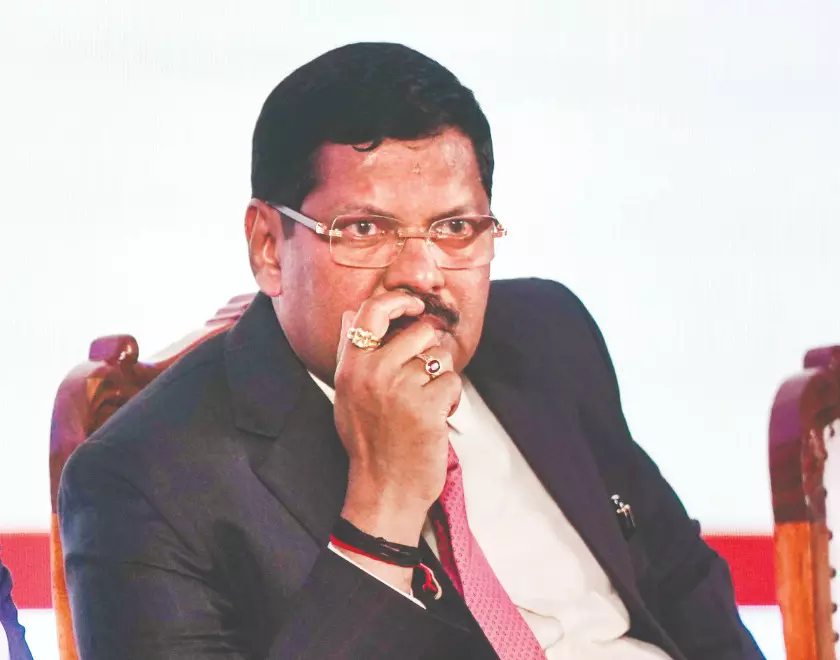
New Delhi, April 16 -- In a significant judicial transition, Chief Justice of India (CJI) Sanjiv Khanna has formally recommended Justice Bhushan Ramkrishna Gavai to succeed him as the nation's top judge, according to an official communication sent to the Union Law Ministry on Wednesday.
Justice Gavai, currently the second senior-most judge on the Supreme Court bench, is positioned to become India's 52nd Chief Justice when Justice Khanna's tenure concludes on May 13, 2025. The new appointment would take effect from May 14.
"The recommendation follows the established protocol under the memorandum of procedure that guides the appointment of Supreme Court judges," a judicial source familiar with the process confirmed.
Justice Gavai's upcoming tenure as CJI, while relatively brief at just over six months, caps a distinguished judicial career spanning more than two decades. He is scheduled to retire on November 23, 2025, upon reaching the mandatory retirement age of 65 for Supreme Court justices.
Since his elevation to the Supreme Court on May 24, 2019, Justice Gavai has participated in several landmark Constitution bench judgments that have profoundly shaped India's legal landscape.
Notable among these was his role in the unanimous December 2023 ruling that upheld the central government's abrogation of Article 370, which had granted special status to Jammu and Kashmir. He was also part of the Constitution bench that recently struck down the electoral bonds scheme for political funding.
In another significant judgment, Justice Gavai contributed to the 4:1 majority verdict that validated the government's 2016 demonetisation decision that withdrew Rs 1,000 and Rs 500 currency notes from circulation.
His jurisprudential influence extends to social justice matters as well. Justice Gavai served on the seven-judge Constitution bench that ruled by a 6:1 majority that states possess the constitutional authority to create sub-classifications within Scheduled Castes for targeted affirmative action policies.
Under his leadership, the Supreme Court established nationwide guidelines prohibiting property demolitions without prior notice, mandating that affected parties must receive at least 15 days to respond to demolition notices.
Born in Amravati on November 24, 1960, Justice Gavai began practising law in 1985. His career includes service as standing counsel for the Municipal Corporations of Nagpur and Amravati, as well as Amravati University. He served as assistant government pleader and additional public prosecutor at the Bombay High Court's Nagpur bench from 1992-1993, before being appointed government pleader and public prosecutor for the Nagpur bench in January 2000.
His judicial career began with his appointment as an additional judge of the Bombay High Court on November 14, 2003, becoming a permanent judge two years later.
The selection process for the Chief Justice follows established procedure where the law minister formally requests the outgoing CJI to recommend a successor, with convention dictating that the senior-most Supreme Court judge is considered for the position.
Justice Khanna has served as the 51st CJI since his swearing-in on November 11, 2024.
Published by HT Digital Content Services with permission from Millennium Post.
